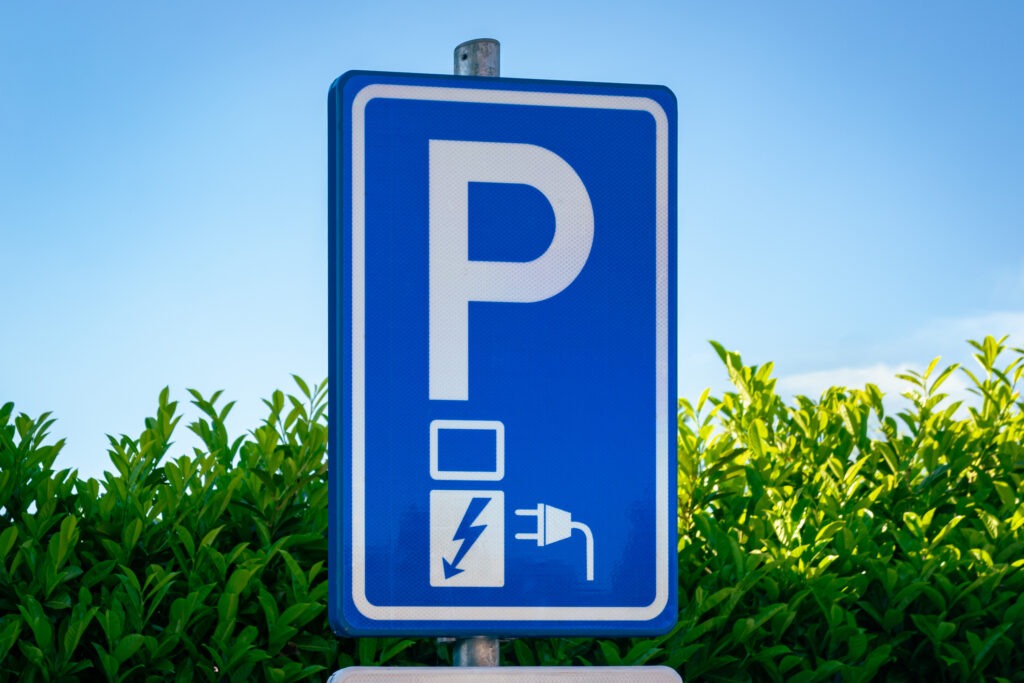EV registrations plummet in the Netherlands during May
25 June 2024

May was a difficult month for electric vehicles (EVs) in the Netherlands, as one of the EU’s leading markets for the technology faltered. José Pontes, data director at EV Volumes (part of Autovista Group), explores the figures with Autovista24 journalist Tom Hooker.
A total of 13,174 EVs, made up of battery-electric vehicles (BEVs) and plug-in hybrids (PHEVS) took to Dutch roads in May, down 13% year-on-year.
With 9,680 registrations, all-electric models slumped 12% in May. Meanwhile, PHEV deliveries declined by 15% during the month, posting 3,494 units. This followed the trend seen in the country’s overall new-car registrations, which dropped by 14% compared to one year ago.
Plug-ins took a 46.5% share of the new-car market, including a 34% hold for BEVs alone. The all-electric powertrain represented 74% of all EV deliveries last month, above the year-to-date average of 68%.
Furthermore, May’s market share for EVs and BEVs was ahead of last year’s performance. Plug-ins are trending towards a possible new-car market hold of 51% by the end of 2024, with BEVs at 36%. At this pace, EVs could account for 80% of the new-car market by 2028, and 90% by 2030.
Tesla back on top
The Tesla Model Y was the Netherland’s most popular EV in May, narrowly beating the Volvo EX30, which topped the table in April. The US manufacturer regained first place thanks to 1,126 deliveries during the month, while the Swedish brand reached 1,063 registrations with its model.
Five units behind the Volvo EX30, the Kia Niro placed third, with 1,058 registrations, including 709 BEV units. The SUV was the Netherland’s best-selling model overall in May, benefiting from additional hybrid powertrain volumes, as the Tesla Model Y and Volvo EX30 took second and third in the overall market table.
The Niro was some distance ahead of the Volvo EX/XC40 in fourth, which posted 621 deliveries. The crossover also finished fourth in May’s overall standings, with the best-selling internal-combustion engine model only managing fifth in the rankings.
Meanwhile, the Tesla Model 3 placed fifth in the plug-in table, reaching 527 registrations. Then came the Kia EV6 in sixth, achieving its best performance since December 2021 with 428 deliveries.
VW’s positive month
Volkswagen (VW) Group placed five models in May’s top 20. The Skoda Enyaq led the OEM’s charge, with 389 units delivered, helping it to seventh place. The Audi Q4 e-Tron also saw a strong result, posting its best total in 14 months, with 369 registrations helping to secure eighth.
Elsewhere, the VW ID.7 featured on the table for the first time, achieving a monthly record of 165 registrations on its way to 14th. The VW ID.3 took 17th place with 155 deliveries, just ahead of the similar Cupra Born, which recorded 141 registrations in 18th position.
BMW’s X1 PHEV was the best-selling plug-in hybrid model during the month, landing in 11th with 238 deliveries. The SUV beat the 12th-placed Lynk & Co 01 PHEV by just three units. The BMW i5 also had a best-ever result in 19th, reaching 135 deliveries and beating its sibling, the i4 (112 units).
Just outside the top 20 was the VW ID.4, with 130 registrations. The crossover could return to the table in the coming months after a slow start to the year. The BYD Atto 3 was also close behind (126 units).
In its first month on the market, the new Renault Scenic posted 115 deliveries, while the Kia EV9 continued to impress (109 units). The Mini Countryman had a positive first full month in the Netherlands (101 units), as the Peugeot e-3008 struggled to match the Scenic on its debut (70 units).
Model Y’s comfortable lead
Across the first five months of 2024, the Tesla Model Y was the Netherland’s most popular EV, recording 6,298 registrations. The crossover accounted for 8.5% of all plug-in deliveries.
Sitting exactly 1,500 units behind was the Volvo EX/XC40 in second. The SUV, which has been on the market since 2017, reached 4,798 registrations from January to May 2024.
The model may soon be surpassed by its younger sibling, the Volvo EX30. The crossover posted 4,113 deliveries across the first five months of the year, yet it is unlikely to challenge for first position in 2024.
In fourth place was the Tesla Model 3 with 3,566 registrations. The sedan will likely be affected by the provisional EU tariffs on Chinese-built BEVs, should they come into effect. This means the fifth-placed Kia Niro (3,352 units) could overtake the Model 3 in the second half of 2024.
Some distance behind was the Kia EV6, up one position into sixth thanks to 1,579 deliveries. Meanwhile, the Skoda Enyaq jumped two spots into seventh (1,455 units).
In the second half of the top 20, the Lynk & Co 01 PHEV placed 12th (1,162 units). The SUV is another model that could also be affected by provisional EU duties if they are implemented.
Elsewhere, the BMW iX1 moved up five positions to 13th (1,063 units). The Audi Q4 e-Tron entered the table in 15th (1,007 units), replacing its stablemate, the Q8 e-Tron.
Volvo continues rise
Volvo continued to see its EV market share rise as the Netherland’s best-selling EV brand. The Swedish carmaker accounted for 15.7% of all plug-in registrations between January and May, an increase of 0.1 percentage points (pp) from its hold in April.
Tesla lost ground in second, dropping 0.1pp to a 13.4% market share. Also falling behind was Kia in third (8.9% share, down 0.2pp) and BMW in fourth (8.6% share, down 0.1pp).
Mercedes-Benz failed to place any models in May’s top 20, and took a 5.3% hold of the market, down 0.1pp. This means that sixth-placed VW is likely to surpass the German manufacturer soon.
Grouping brands under their parent companies, Geely-Volvo remained on top with a 19.1% market share, down 0.1pp. However, the OEM may be affected by the potential EU tariffs imposed on its Polestar and Lynk & Co models built in China.
Tesla kept second (13.4% share, down 0.1pp), but is coming under pressure from VW Group, which leapt into third place in May. The OEM grew from an 11.7% hold in April to a 12.9% share and is expected to move into second place in the latter half of 2024.
Meanwhile, Hyundai Motor Group dropped to fourth (12.8% share, down 0.7pp). The OEM could benefit from any Tesla volume drop if EU tariffs are implemented to reach the top three in the second half of the year.
Meanwhile, BMW Group gained ground in fifth (9.2% share, up 0.2pp) followed by Stellantis in sixth (8.2% share).



